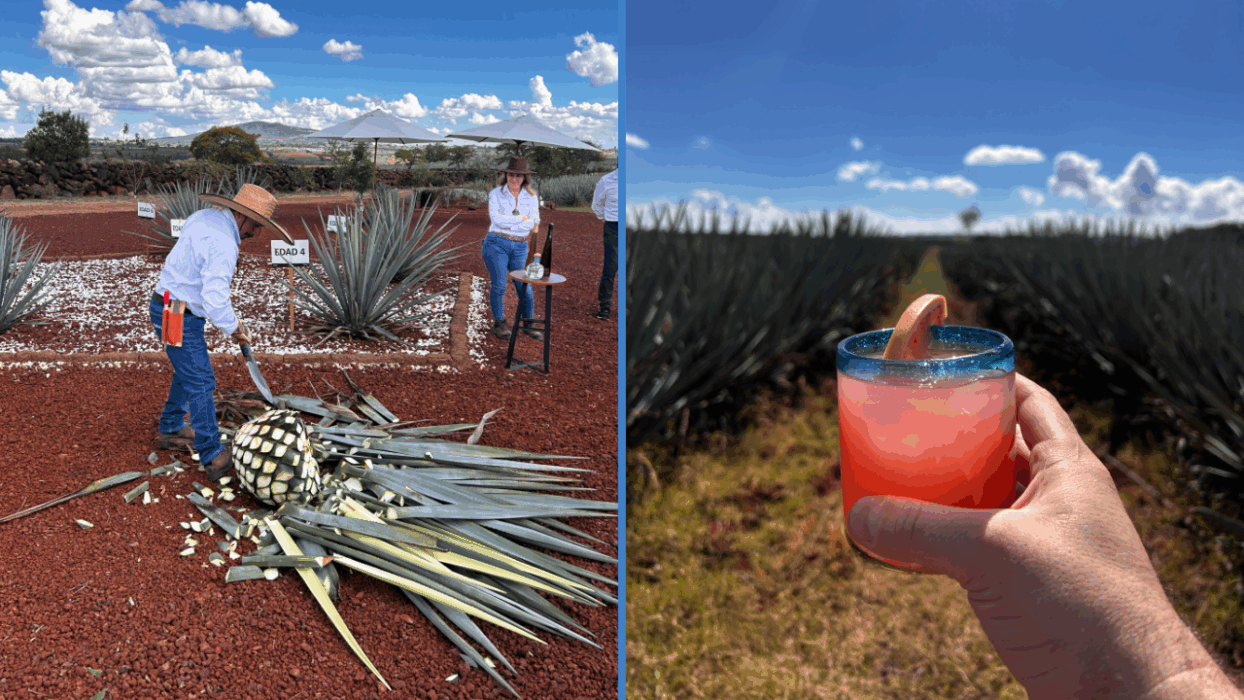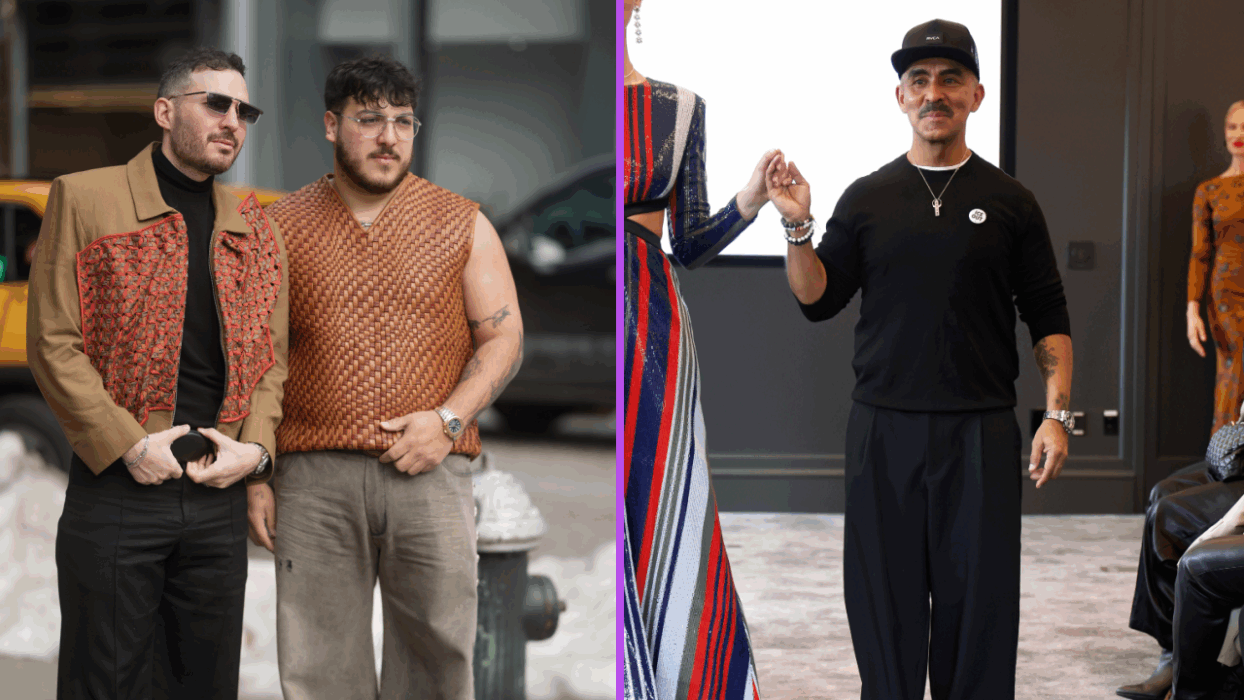
Nopal Plastic Is Just the Latest Incredibly Sustainable Way the Iconic Plant Is Helping the Environment
Nopales are more than just a delicious food. For years, scientists have been using the food staple to create eco-friendly products that could transform industries. The environment is at a tipping point, and finding new, plant-based products is crucial. Thanks to the lovely nopal, we are getting more ways to help create a sustainable future with nopal plastic.
Nopal plastic could change our fight for the environment
Nopales are known for gracing the plates of Mexican cuisine for thousands of years. Dating back to pre-Columbian times, the Aztecs domesticated the plant and used it for food and medicine. It is popular belief that the nopal was the first plant to be domesticated in Mesoamerica, highlighting its cultural and culinary significance in Mexico.
The plant continues to be a source of pride and food for Mexico. Over the centuries, people have continued to refine the use of nopales outside of food. Scientist Sandra Pascoe Ortiz spent time in a lab working with the plant to determine more uses for it. Through her research, she was able to use the sugars from the nopal juices to create biodegradable plastic.
“There were some publications that spoke of different materials with which biodegradable plastics could be made, including some plants,” Pascoe Ortiz told Forbes. “In this case the nopal cactus has certain chemical characteristics with which I thought it could be feasible to obtain a polymer, that if it was combined with some other substances, all of them natural, a non-toxic biodegradable plastic would be obtained.”
She continued: “The process is a mixture of compounds whose base is the nopal. It’s totally non-toxic, all the materials we use could be ingested both by animals or humans and they wouldn’t cause any harm.”
The nopal is proving to be an impressive plant
Desserto is a company that manufactures leather created from nopales to be used in fashion. Using the plant, the entrepreneurs started to create a vegan answer to leather. The vegan leather is a sustainable alternative, and growing the plant serves as its own sustainable work as a carbon sink.
The vegan leather is just like the real thing, and fashion designers and houses are using it for shoes, handbags, you name it. Karl Lagerfeld, H&M, and Fossil have all used Desserto vegan leather for products.
Plastic waste is a major issue impacting our oceans
According to the National Oceanic and Atmospheric Administration (NOAA), millions of tons of plastic end up in the ocean. In 2010, NOAA estimated that 8 million metric tons ended up in the oceans. For comparison, that is the same weight as 90 aircraft carriers.
Since the plastic doesn’t dissolve, it becomes an environmental hazard for ecosystems and animals. The presence of large amounts of plastic can kill sea creatures through ingestion when they mistake it as food. Additionally, animals can become tangled in the plastic debris and die.
According to the Pew Charitable Trusts, the most pervasive plastic pollution comes from microplastics. Microplastics originate from tires driving on the road to soaps and shampoos with plastic beads inside them. The microplastics are so pervasive that they end up in the food that we eat.
But, there is a way to stop the pollution if governments and people join in a serious concerted effort. It starts by going to the source. Using biodegradable products, like the nopal plastic, is a great solution. The bag can dissolve in water leaving behind no trace eliminating the dangerous pollution from damaging ecosystems.




